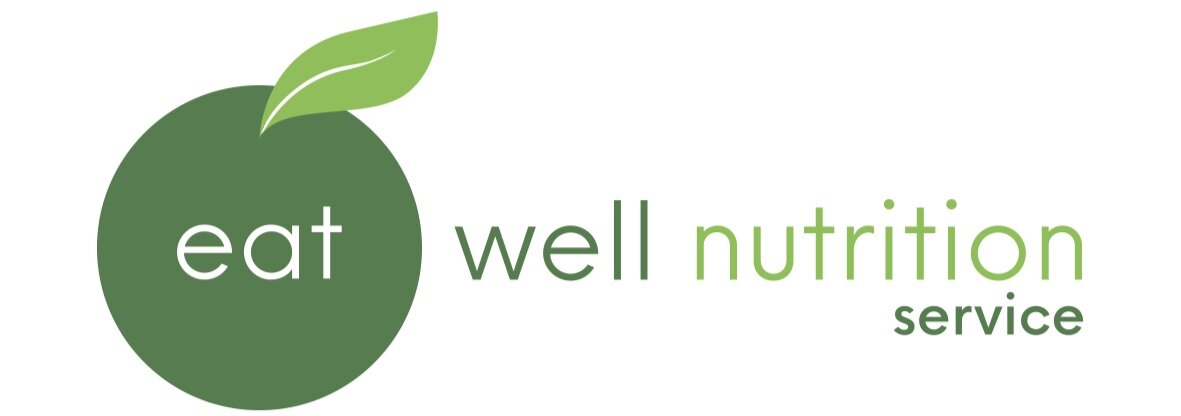Falls prevention and nutrition
Nutrition is an important factor in falls prevention, as frailty and weakness results in loss of muscle mass and strength, neuromuscular impairment, limited mobility and malnutrition.
Nutrition is related to many risk factors for falls, and has been shown to be a determining factor in not only the severity of injuries from falls, but also recovery time after the injury. Specifically deficiencies in energy, protein and micronutrients can lead to falls due to the effect on strength, mobility and impact on both visual and cognitive impairment.
A low body weight due to malnutrition can also increase falls risk due to similar affects on strength and bone loss. At the other end of the scale, excess body weight can actually be more protective against injuries from falls, as extra body fat can cushion a fall and also can assist in meeting energy requirements related to healing and fractures. By ensuring residents are consuming enough energy and protein each day, mobility and strength can be maintained or improved, therefore lowering the risk of falling, but there are also important vitamins & minerals that play a protective role.
Starting with Vitamin D, a vitamin that helps improve muscle function, and in conjunction with calcium helps minimise bone loss. The calcium stored in bones maintains their strength and the Vitamin D assists with the absorption of calcium into the bone. Good sources of calcium include dairy foods – for example, milk, cheese, yoghurt and custard, fortified soy products and bony fish, such as sardines. At least three serves of calcium-rich foods are recommended each day. Although Vitamin D is found in some food sources (eggs, margarine, oily fish), the best source is the sun!
Some ways to help residents spend enough time in the sun include:
Plan activities (such as bingo) to be held outside if the weather is suitable
Organise a walking group
Offer regular day trips that involve some time outdoors
Start a communal vegetable garden that residents can help maintain
Ensure residents (who aren’t at risk of absconding) have safe and easy access, to secure areas outside such as courtyards and garden areas
Other important vitamins associated with mobility include Vitamins A, C and E. All are important for eye health and a deficiency can cause vision impairment that can lead to confusion, disorientation and poor balance, increasing risk of a fall. Folic Acid and Vitamin B12 deficiency can also cause confusion and affect proprioception, again affecting mobility.
It is therefore essential to provide residents with a variety of foods and encourage intake of fruit, vegetables, dairy and wholegrains to ensure adequate intake of these important micronutrients.
Last but not by any means least, hydration is another important factor in reducing risk of falls. As mentioned in last month’s newsletter dehydration, can be common in older adults and many of our residents can be at risk. Dehydration can cause confusion, postural hypotension and delirium, all of which can contribute to a fall.
In summary, a well balanced diet with adequate energy and protein is essential in promoting safe mobility and greater strength, balance and cognition. Together with a stable healthy body weight, these nutritional factors can greatly reduce falls risk for elderly residents.
